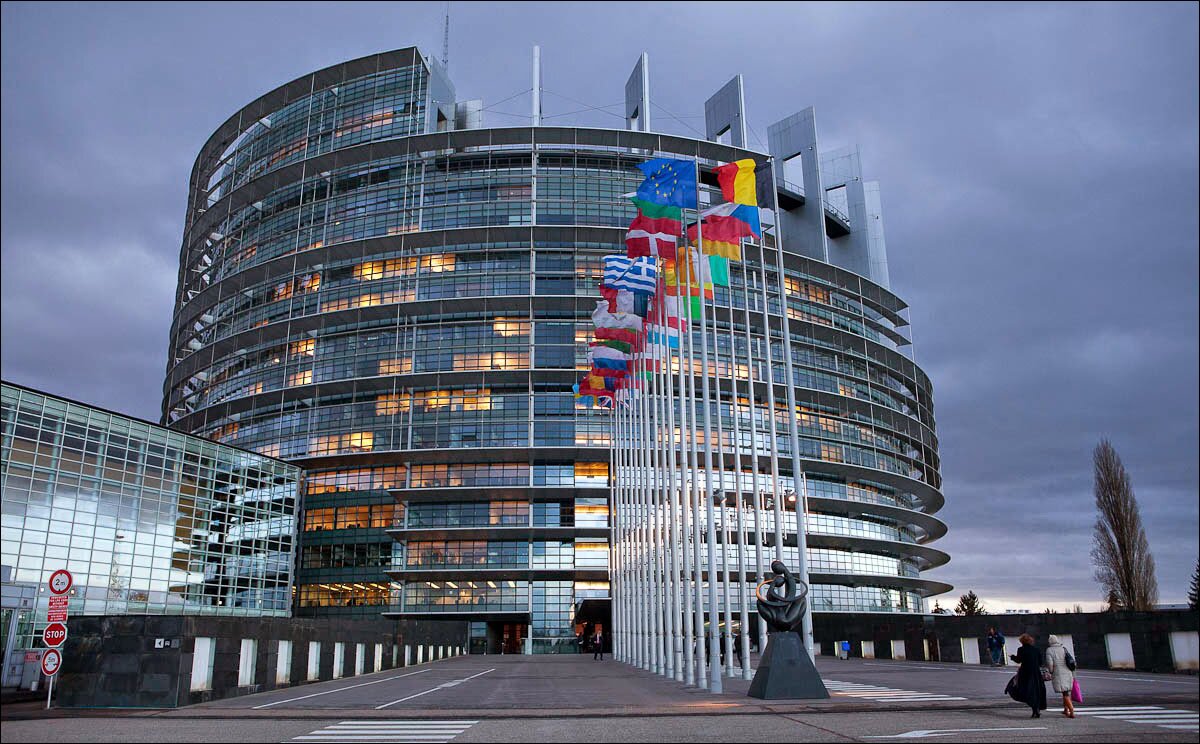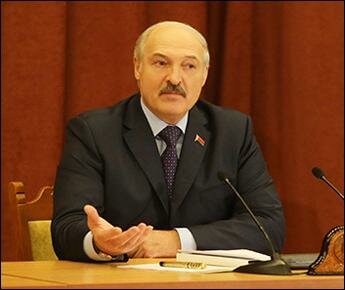European Parliament condemns repression in Belarus
The European Parliament on Thursday adopted a resolution condemning repression in Belarus and calling on the Belarusian authorities to respect human rights.

According to the resolution, the European Parliament “condemns the crackdown on peaceful protesters and the repressions in the run-up to and during the demonstrations of 25 March 2017, stresses that despite the international community’s calls for restraint, the response by the security services was indiscriminate and inappropriate, and expresses its concern over the latest developments in Belarus and highlights a clear need for a broader democratization process in the country.”
The European Parliament condemns “the undue restrictions on the right of peaceful assembly, freedom of expression and freedom of association, including on those expressing opinions about social and other public issues, and, most particularly, the harassment and detention of independent journalists, opposition members, human rights activists and other protesters,” the resolution says.
The resolution “calls on the Belarusian authorities to immediately and unconditionally release and drop all judicial charges against all peaceful protesters, journalists, human rights defenders, civil society activists and opposition members who have been detained in connection with the current wave of demonstrations.”
According to the resolution, the European Parliament “considers the practice of preventive arrests totally unacceptable and urges the authorities to immediately disclose information about all those arrested to their families and the wider public” and “reiterates that the use of force against anyone exercising her/his right to peaceful protest cannot be justified under any circumstances, and that repressions which violate the right to freedom of speech and assembly are contrary to Belarus’s international obligations and to the Constitution of the Republic of Belarus.”
The European Parliament “urges the government of Belarus to get involved in an open dialogue with its citizens, independent civil society organizations and independent media” and “immediately carry out thorough and impartial investigations into all allegations of arbitrary detention and other violations of the rights of protesters.” “In the event of failure to carry out such investigations, the EU may apply new restrictive measures vis-à-vis those highest Belarusian officials responsible for the recent crackdowns,” the resolution says.
The European Parliament urges the Belarusian authorities “to end the harassment of independent media for political reasons and to put a stop to the practice of administrative prosecution against freelance journalists for working with foreign media without accreditation, which restricts the right to freedom of expression and the dissemination of information.”
The European Parliament calls on the Belarusian government “to stop the harassment of its civil society, to allow full and free legal functioning of public organizations, to repeal without delay Article 193.1 of the Criminal Code, which penalizes the organization of, and participation in, the activities of non-registered public associations and organizations.”
The European Parliament urges “the OSCE Parliamentary Assembly, which plans to hold its 26th Annual Session in Minsk in July 2017, to take into account recent events in Belarus and as a minimum to ensure involvement of political democratic opposition parties, independent media and civil society organizations.”
The resolution calls on the Belarusian government “to engage in a constructive dialogue with the opposition and civil society organizations, as well as to cooperate fully with the UN Special Rapporteur on the situation of human rights in Belarus, carrying out long-overdue reforms to protect human rights and strengthen democracy.”
The European Parliament “recommends the repeal of Presidential Decree No. 3 as an arbitrary, harsh and morally questionable measure, violating international human rights.”
The resolution calls on the Belarusian authorities to “resume without delay the work on a comprehensive electoral reform as part of the broader democratization process and in cooperation with international partners.”
The European Parliament urges the Belarusian government “to join a global moratorium on the use of the death penalty as a first step towards its permanent abolition.”
The resolution calls for the “renewal of the mandate of the UN Special Rapporteur on the situation of human rights in Belarus” and urge “the EU and its member states to promote and support the extension of the UN Special Rapporteur’s mandate in order to continue to monitor the situation in the country.”
The European Parliament calls on the European External Action Service and the European Commission “to continue and strengthen support for civil society organizations in Belarus and abroad” and “stresses the need to support all independent sources of information for Belarusian society, including media broadcasting in the Belarusian language and from abroad.”
The resolution calls on the European Commission “to further support educational programs allowing young Belarusians to study in the EU by speeding up the visa and scholarship applications process.”
The European Parliament urges the European Commission “to assess whether the highest nuclear safety standards are guaranteed” for the Belarusian Nuclear Power Plant currently under construction in the Astravets district, Hrodna region, and “whether an EU guarantee to the European Investment Bank would not eventually be used for the financing of this nuclear site in Belarus, and to assess whether such a guarantee would be in compliance with the EU sanctions imposed on the Russian Federation.”
“Respect for fundamental civil liberties, the rule of law and human rights will be crucial for shaping further relations between the EU and Belarus,” the resolution says.



Disqus?